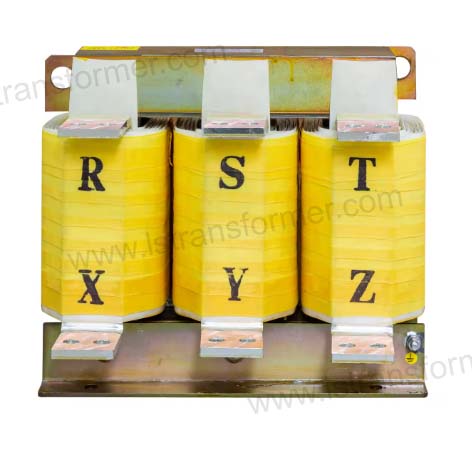What Determines the Lifespan of Reactors?
A reactor, or an inductor, is a passive electronic component that stores energy in a magnetic field when current flows through it. It is widely used in many electronic circuits, such as power supplies, filters, and amplifiers. However, like any other electronic component, a reactor has a limited lifespan and can fail prematurely if not used properly. So, what determines the lifespan of a reactor?
The primary factor that affects the lifespan of a reactor is the amount of current it is subjected to. The higher the current, the more stress is placed on the reactor's winding and core, which can lead to insulation breakdown, overheating, and eventually, failure. Therefore, it is important to choose a reactor with an appropriate current rating that can handle the expected load.
Other factors that can affect the lifespan of a reactor include the operating temperature, the quality of the materials used, and the environment in which it is used. A reactor that is exposed to high temperatures or harsh chemicals can degrade faster than one that is used in a clean and cool environment. Similarly, a reactor made with high-quality materials is likely to last longer than one made with lower-quality materials.
To extend the lifespan of a reactor, it is important to use it within its specified limits and to provide adequate cooling and protection. Regular maintenance and inspection can also help detect any signs of wear or damage before they lead to failure. By following these guidelines, a reactor can provide reliable service for many years.
The lifespan of a reactor is determined by several factors. The most important factors include the temperature, the frequency of use, and the quality of the materials used.
The temperature is a significant factor that affects the lifespan of a reactor. As the temperature increases, the insulation and other materials used in the reactor can degrade faster, reducing its lifespan. Therefore, proper temperature control and maintenance are crucial to ensure the longevity of the reactor.
Another important factor is the frequency of use. Over time, continuous usage can cause wear and tear on the reactor, which can eventually lead to failure. Therefore, it is essential to maintain and operate the reactor according to the manufacturer's instructions and recommended usage frequency.
Lastly, the quality of the materials used in the reactor is also an important factor. High-quality materials can withstand harsher conditions and have a longer lifespan, while low-quality materials can degrade faster and lead to the failure of the reactor.
In summary, the lifespan of a reactor is determined by several factors, including temperature, frequency of use, and quality of materials used. Proper maintenance, operation, and quality control are crucial to ensure the longevity of the reactor.
LuShan, est. 1975, is a Chinese professional manufacturer specializing in power transformers and reactors for 48 years. Leading products are single-phase transformer, three-phase transformers, DC inductors, AC reactors, filtering reactor, expoxy resin high-voltage transformer and intermediate, high-frequency products. Our transformers and reactors are widely used in 10 application areas: rapid transit, construction machinery, renewable energy, intelligent manufacturing, medical equipment, coal mine explosion prevention , excitation system, vacuum sintering, central air conditioning.
Know more about power transformer :https://www.lstransformer.com/Transformers

 EN
EN
 FR
FR DE
DE ES
ES

